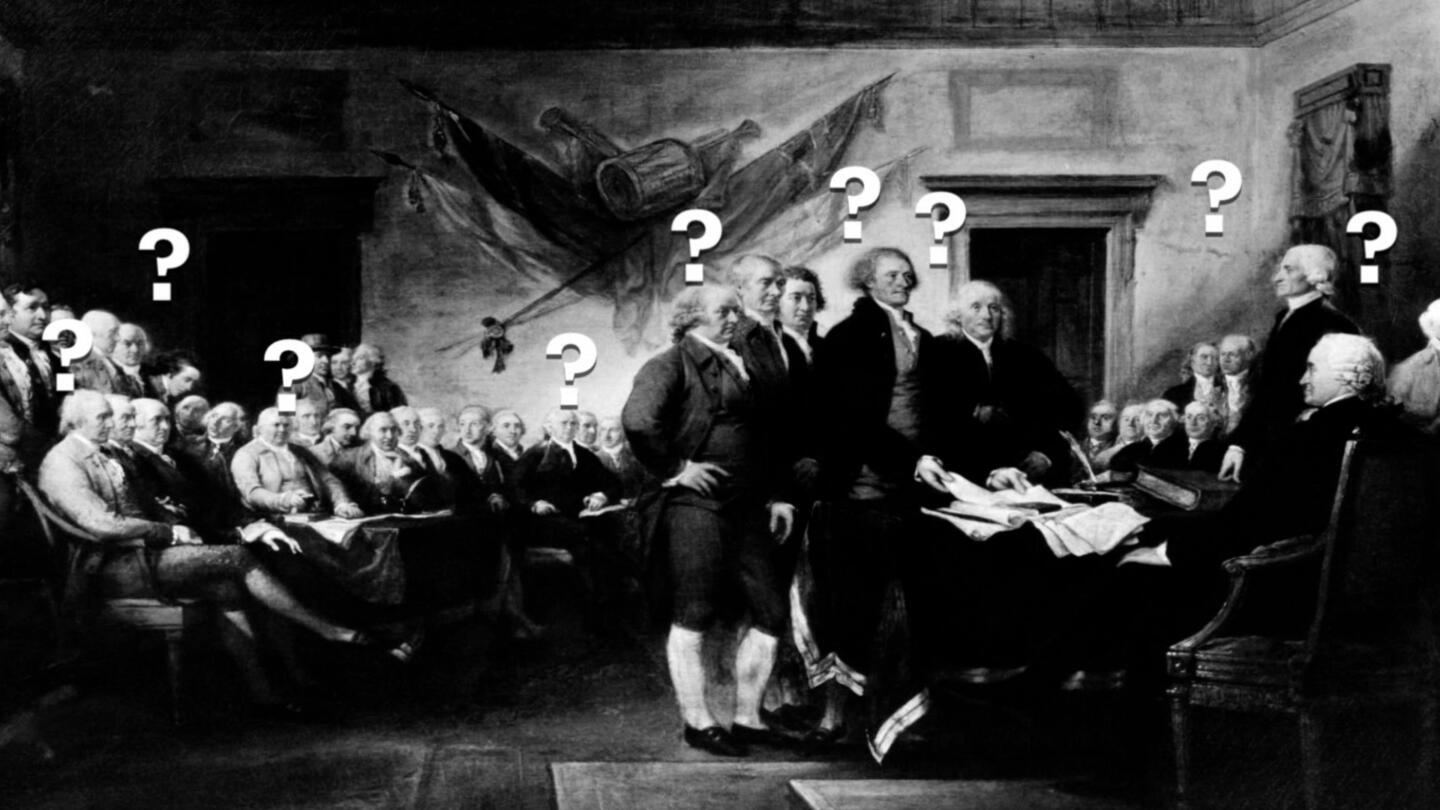Amend the constitution or SHUT THE FUCK UP!!!You keep saying that..
But it is not supported by Congress, the Courts or the people
Don’t see any states suing for more power
.
But that's tooooo hard!!! Majority rules!!!! Let's just take a vote and to hell with the minority! Might makes right.



